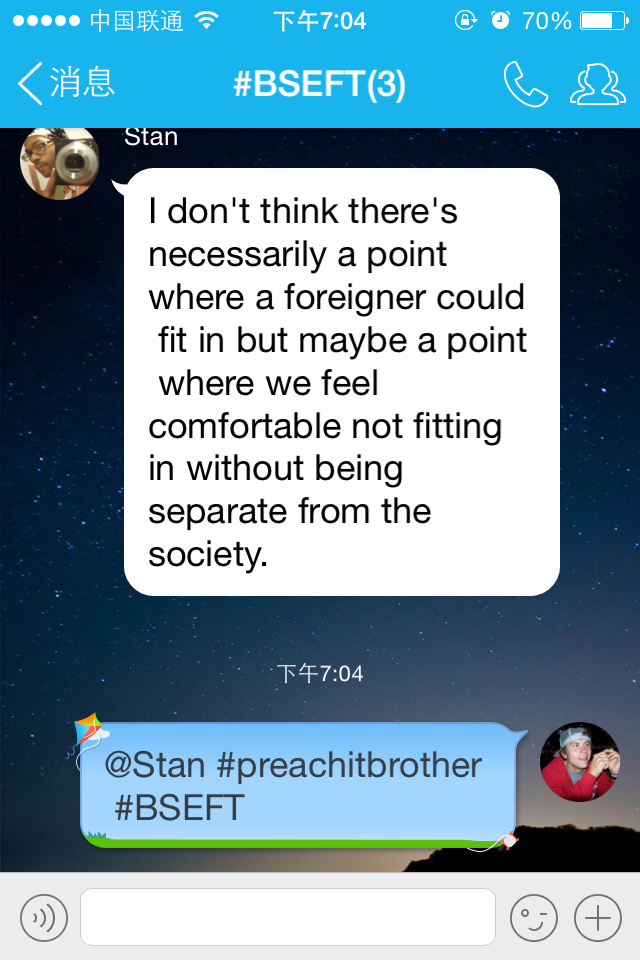One that I've picked up on is a free podcasting app called Anchor where podcasts are able to be recorded and edited on-the-spot on your phone and can disappear after 24 hours if you so desire. But there's so much more to it! (I highly recommend you check out the site and app.)
 |
| https://anchor.fm |
Blogging with written words can be easier and safer than being part of different kinds of multimedia and social media production and interaction. Also, if I'm wanting my students to curate, design, make mistakes, and produce, then I should be an example. I got hooked on Anchor after a couple related events sparked my curiosity in various outlets as well as inspired me with the courage to go beyond my fears of being heard or seen within media.
1) Don Wettrick, the transparent multimedia produced in his Innovation Class, and his StartEdUp podcast have encouraged me to be more open, incorporate others' voices, and move forward with telling one's story. After that, even going so as far as interacting on those platforms and being vulnerable in discussions of how to improve blows my mind. My brain is on rapid-fire when considering how to do this in China.
2) Malcolm Gladwell's Revisionist History podcast. Before this though came an insight from Gladwell when inquired on why he was starting a podcast. "You think with your eyes and feel with your ears." Upon hearing that, I started a station on Anchor and quickly discovered how monotonous my voice was. It was then that it clicked in my head...I can express my passion, tones, and more through a podcast. Why was I limiting myself? Gladwell certainly doesn't. I get chills while still thinking and processing what I had just listened to. (How much I want for similar situations to have my listeners experience when contemplating education!)
 |
| anchor.fm/forthestudents |
Starting off, there have been learning curves for sure. Nonetheless, it has been and will be worth it.
If you would like to listen to my For the Students Anchor podcast, check it out here, Favorite it, Share it, and let me know what questions and thoughts you have. Thanks!





